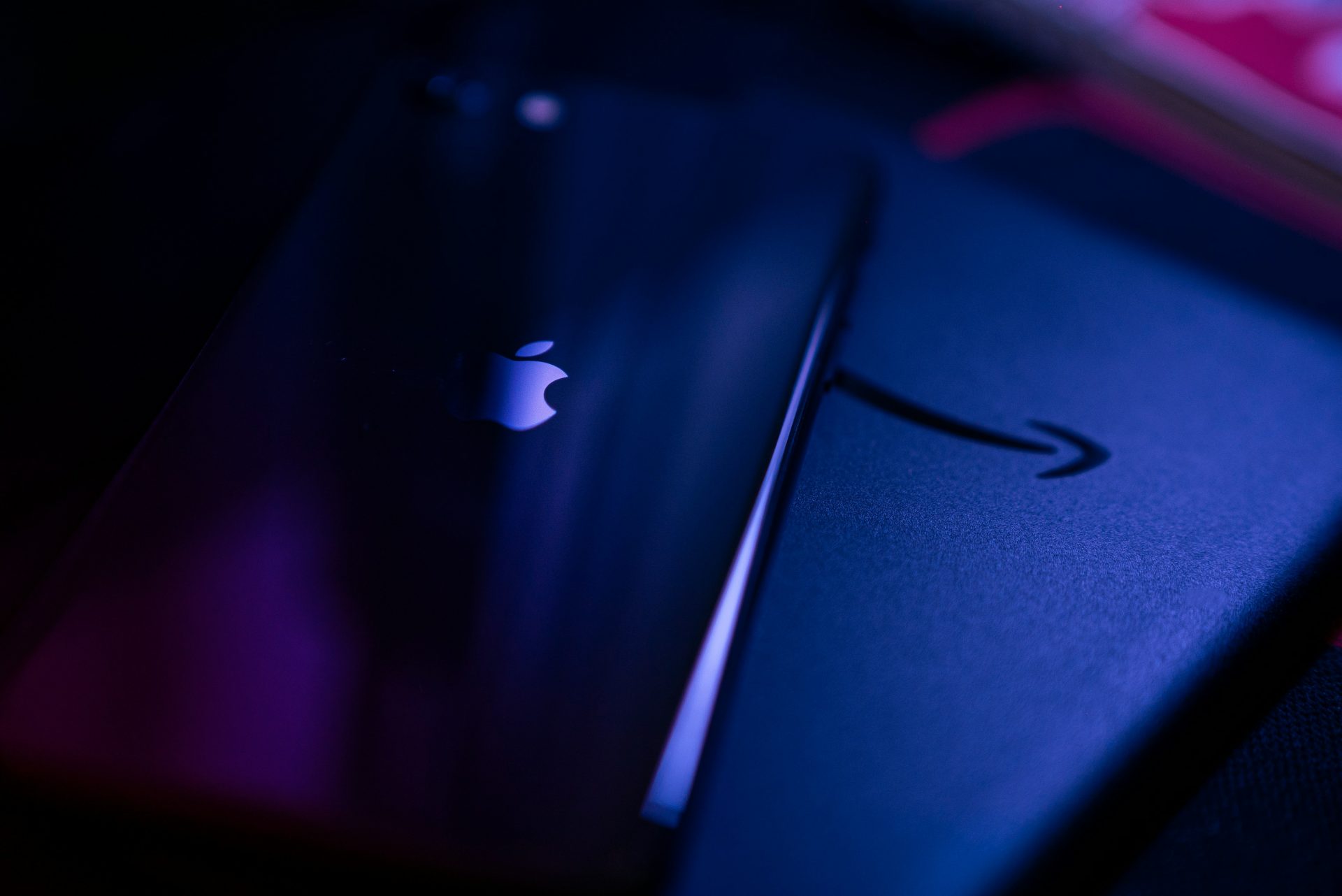The U.S. Consumer Financial Protection Bureau (CFPB), a regulatory body not typically aligned with Wall Street banks, has recently made a move that favors them by initiating a crackdown on Big Tech companies. This action by the CFPB proposes to regulate payment services and smartphone wallets provided by major tech corporations like Apple and Google. The rationale behind this decision is that these tech giants now offer services that rival traditional banks in terms of scale and scope and therefore should be subject to similar consumer protections.
This move by CFPB Director Rohit Chopra, known for his focus on Big Tech concerning privacy and competition issues, is seen as a significant boost to traditional lenders. These lenders are currently facing numerous regulatory challenges, including capital hikes, debit and credit card fee caps, and stricter fair lending standards. The introduction of more stringent regulations for Big Tech is perceived as leveling the playing field, as expressed by Todd Phillips, a professor at Georgia State University.
Under the current system, Big Tech companies involved in financial services are subject to fragmented oversight in the U.S. They need to obtain money transmitter licenses in each state they operate and are under the purview of various regulators. The new rule from the CFPB would enhance supervision, requiring these companies to adhere to rules concerning privacy protection, executive conduct, and unfair or deceptive practices.
The regulation would impact 17 companies, including Apple, Google, PayPal, and Block’s CashApp, which collectively processed approximately $1.7 trillion in payments in 2021. Notably, this would be the first time Apple and Google come under CFPB oversight. The CFPB’s intention is to bring large tech companies in the payments market under similar oversight as banks, thereby increasing competition in the financial sector.
Despite these developments, Big Tech representatives, including those from the Chamber of Progress, a tech industry coalition with partners like Apple and Google, have accused the CFPB of favoring Wall Street over consumer protection. Meanwhile, the banking industry has been advocating for more rigorous regulation of tech giants, citing concerns over consumer privacy risks. Legal experts believe the CFPB has the authority to regulate Big Tech’s payment businesses, and the industry may not resist the proposal. Public feedback on the proposal will be accepted until early 2024
See first source: Reuters
FAQ
1. Why is the CFPB cracking down on Big Tech companies?
The Consumer Financial Protection Bureau (CFPB) is cracking down on Big Tech companies like Apple and Google for their increasing involvement in financial services, which now rival traditional banking services.
2. What are the proposed regulations by the CFPB?
The CFPB proposes to regulate payment services and smartphone wallets offered by Big Tech companies, requiring them to comply with consumer protection rules similar to those for banks.
3. What impact does this move have on Wall Street banks?
This regulatory action gives a competitive boost to traditional lenders who are currently grappling with a range of new regulatory challenges.
4. How is U.S. oversight of Big Tech financial services currently structured?
Currently, Big Tech financial services in the U.S. face fragmented oversight, with companies needing to apply for money transmitter licenses state by state.
5. Which companies will be affected by the CFPB’s new rule?
Seventeen companies, including Apple, Google, PayPal, and Block’s CashApp, will be impacted. These companies facilitated about $1.7 trillion in payments in 2021.
6. What are the concerns about Big Tech companies in the financial marketplace?
Concerns include Big Tech companies potentially monetizing customer data, compromising user privacy, and using their dominance to expand into other services like lending and card issuing.
7. How have banks responded to the growing dominance of Big Tech in financial services?
Banks have been lobbying for stricter regulations on Big Tech companies, arguing that these companies put consumer privacy at risk and blur the lines between regulated banking and unregulated tech services.
8. What is the response of Big Tech companies to the CFPB’s proposal?
Big Tech companies, through groups like the Chamber of Progress, have accused the CFPB of trying to protect traditional lenders rather than focusing on consumer protection.
9. How long is the public feedback period for the CFPB’s proposal?
The CFPB is accepting public feedback on its proposal until early 2024.
Featured Image Credit: Photo by @felipepelaquim; Unsplash – Thank you!










